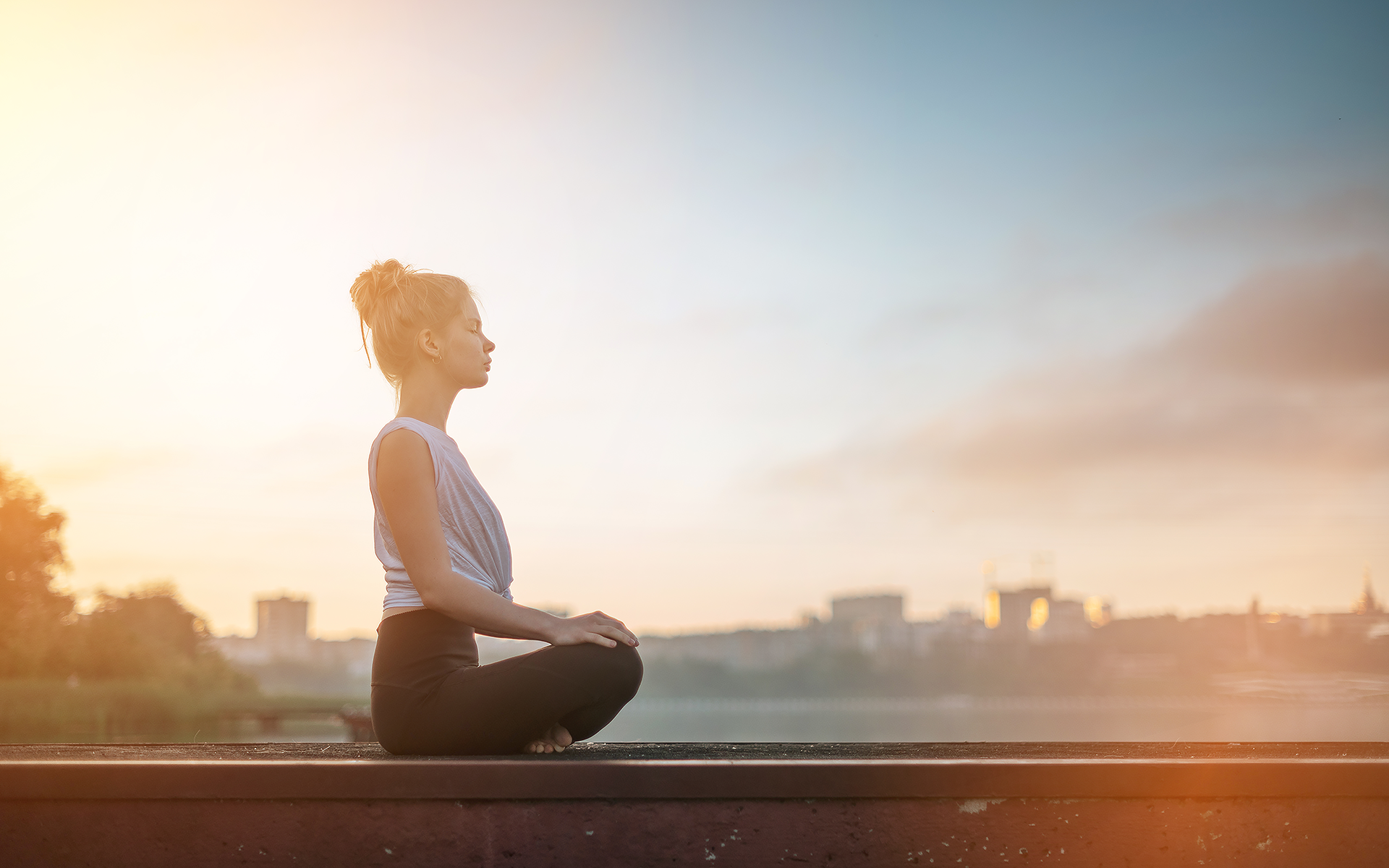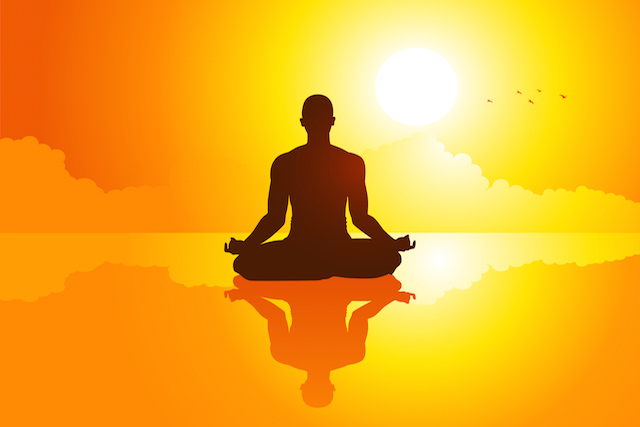Our general interest e-newsletter keeps you as much as date on a large range of health subjects.
Register now Meditation: A simple, fast way to decrease stress
Meditation can clean away the day's tension, bringing with it inner peace. See how you can quickly find out to practice meditation whenever you require it most.
By Mayo Center Personnel If stress has you anxious, tense and worried, consider trying meditation. Spending even a few minutes in meditation can restore your calm and inner peace.
Anybody can practice meditation. It's easy and economical, and it does not need any unique devices. And you can practice meditation any place you are-- whether you're out for a walk, riding the bus, waiting at the doctor's office or even in the middle of a difficult company meeting.
Understanding meditation Meditation has been practiced for thousands of years. Meditation initially was indicated to assist deepen understanding of the spiritual and magical forces of life. Nowadays, meditation is frequently utilized for relaxation and tension decrease.
Meditation is thought about a kind of mind-body complementary medication. Meditation can produce a deep state of relaxation and a serene mind. Throughout meditation, you focus your attention and remove the stream of jumbled ideas that might be crowding your mind and triggering tension. This procedure might lead to boosted physical and psychological wellness.
Advantages of meditation Meditation can offer you a sense of calm, peace and balance that can benefit both youremotional wellness and your total health.
And these advantages do not end when your meditation session ends. Meditation can assist bring you more calmly through your day and might assist you handle signs of specific medical conditions.
Meditation and emotional wellness When you practice meditation, you might remove the info overload that develops up every day and contributes to your stress.
The emotional benefits of meditation can include:
Meditation and disease Meditation might also work if you have a medical condition, especially one that may be worsened by stress. While a growing body of scientific research supports the health advantages of meditation, some scientists think it's not yet possible to reason about the possible advantages of meditation. With that in mind, some research study recommends that meditation might assist people manage symptoms of conditions such as:
Be sure to talk to your health care provider about the pros and cons of using meditation if you have any of these conditions or other health issue.

In many cases, meditation can get worse signs related to specific psychological and physical health conditions.
Meditation isn't a replacement for conventional medical treatment. But it may be an useful addition to your other treatment. Types of meditation
Meditation is an umbrella term for the many methods to an unwinded state of being. There are lots of kinds of meditation and relaxation methods that have meditation elements. All share the same goal of achieving inner peace. Ways to practice meditation can consist of:
Assisted meditation. In some cases called directed imagery or visualization, with this method of meditation you form mental images of places or scenarios you discover relaxing.
You attempt to use as numerous senses as possible, such as smells, sights, sounds and textures. You may be led through this procedure by a guide or instructor.
Mantra meditation. In this kind of meditation, you quietly repeat a calming word, thought or expression to avoid disruptive thoughts. Mindfulness meditation. This type of meditation is based on being conscious, or having actually an increased awareness and approval of living in the present moment.
In mindfulness meditation, you broaden your conscious awareness. You concentrate on what you experience throughout meditation, such as the circulation of your breath. You can observe your thoughts and emotions, however let them pass without judgment. Qi gong. This practice usually integrates meditation, relaxation, physical motion and breathing exercises to restore and keep balance. Qi gong (CHEE-gung) becomes part of standard Chinese medicine. Tai chi. This is a form of gentle Chinese martial arts. In tai chi (TIE-CHEE), you carry out a self-paced series of postures or movements in a sluggish, elegant way while practicing deep breathing.
Transcendental Meditation ®. Transcendental Meditation is an easy, natural technique. In Transcendental Meditation, you silently duplicate a personally appointed mantra, such as a word, sound or phrase, in a specific method. This type of meditation may allow your body to settle into a state of profound rest and relaxation and your mind to attain a state of inner peace, without requiring to use concentration or effort. Yoga. You perform a series of postures and regulated breathing workouts to promote a more flexible body and a calm mind. As you move through positions that require balance and concentration, you're motivated to focus less on your hectic day and more on the moment.

Different kinds of meditation might include different functions to assist you meditate. These may differ depending upon whose guidance you follow or who's teaching a class. Some of the most typical functions in meditation include: Focused attention. Focusing your attention is usually among the most essential elements of meditation.
Focusing your attention is what assists complimentary your mind from the numerous distractions that cause tension and worry. You can focus your attention on such things as a specific things, an image, a mantra, and even your breathing. Relaxed breathing. This technique includes deep, even-paced breathing utilizing the diaphragm muscle to expand your lungs. The purpose is to slow your breathing, take in more oxygen, and lower using shoulder, neck and upper chest muscles while breathing so that you breathe more efficiently. A peaceful setting. If you're a novice, practicing meditation may be easier if you remain in a Click for more peaceful spot with few diversions, including no television, radios or cellular phones.
As you get more proficient at meditation, you may be able to do it anywhere, specifically in high-stress scenarios where you benefit the most from meditation, such as a traffic congestion, a stressful work conference or a long line at the grocery shop. A comfy position. You can practice meditation whether you're sitting, lying down, walking, or in other positions or activities. Simply try to be comfortable so that you can get the most out of your meditation. Goal to keep great posture during meditation. Open mindset. Let ideas pass through your mind without judgment.